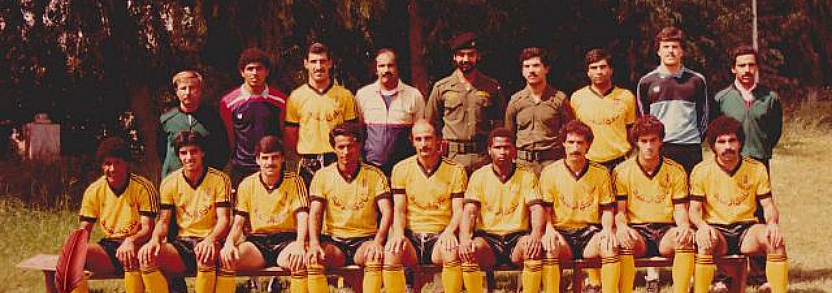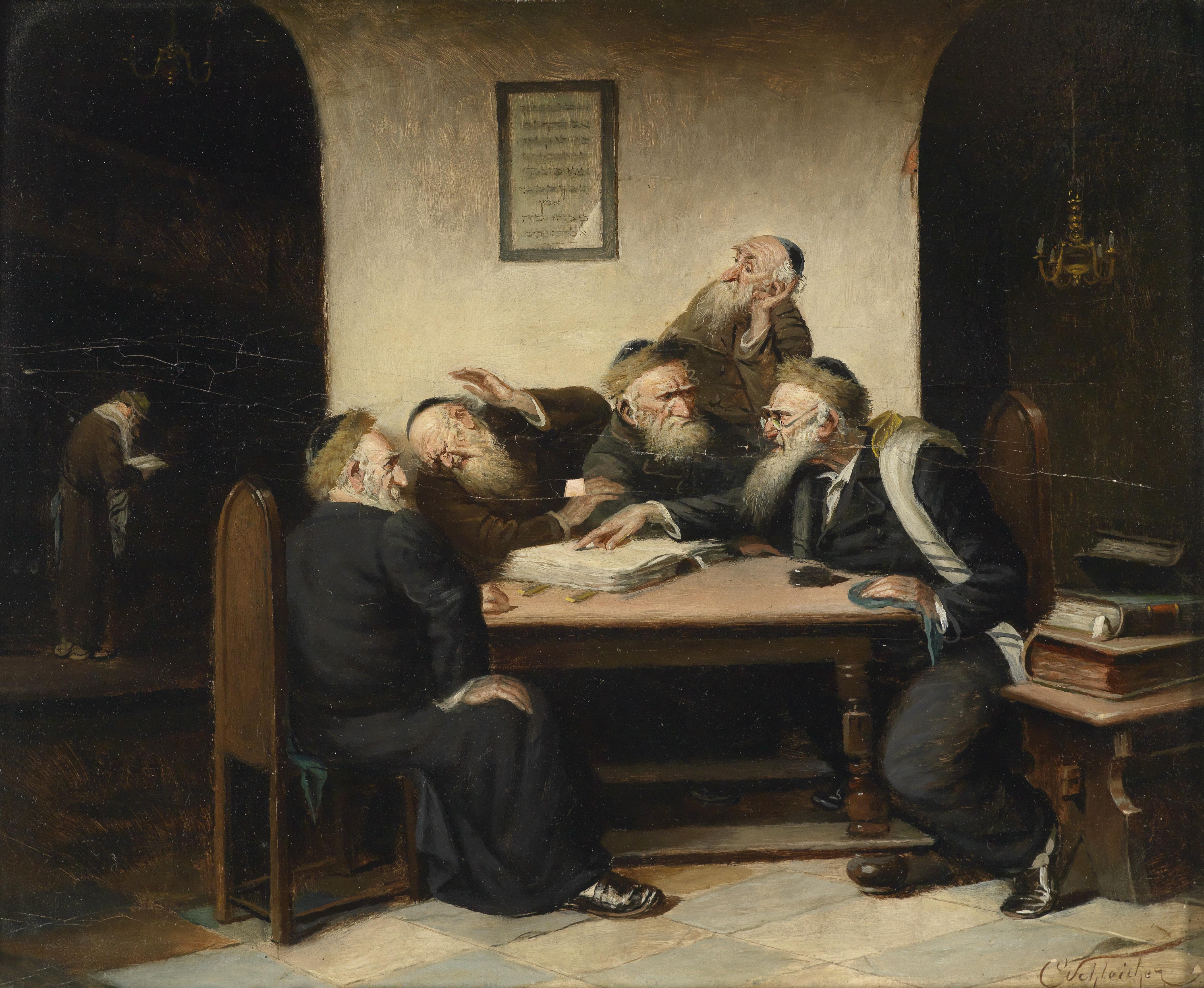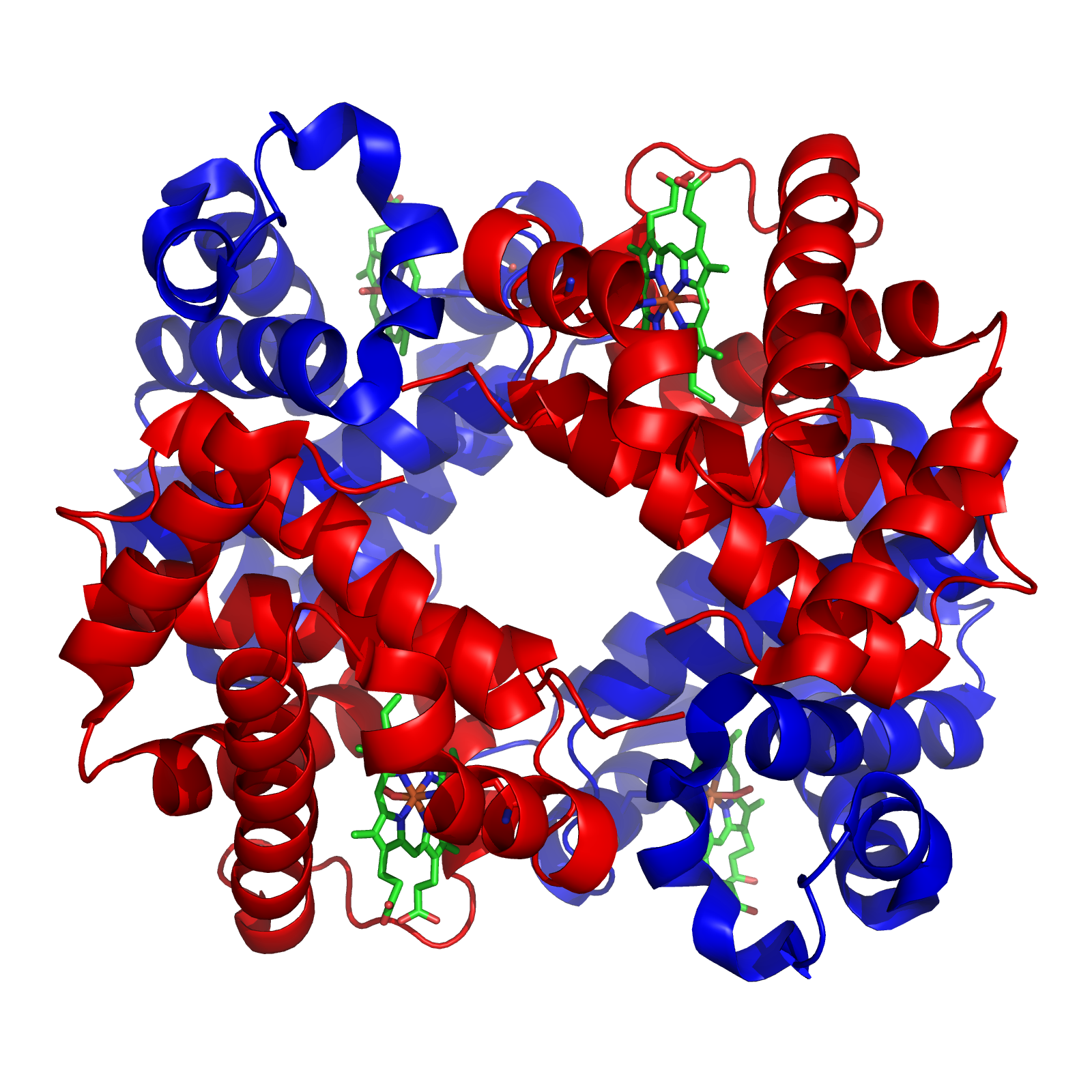|
Blood Quran
The Blood Quran is a copy of the Islamic holy book, the Quran, said to have been written in the blood of the former President of Iraq, president of Iraq, Saddam Hussein, over the course of two years in the late 1990s. Saddam commissioned the book in 1997 on his 60th birthday, reportedly to give thanks to Allah, God for helping him through many "conspiracies and dangers". He explained his reasons for commissioning the book in a letter published by the Iraqi state media in September 2000: "My life has been full of dangers in which I should have lost a lot of blood ... but since I have bled only a little, I asked somebody to write God's words with my blood in gratitude."Iraqi leader's Koran 'written in blood' BBC News, 25 September 2000 Saddam's act was denounced in 2000 by the rel ... [...More Info...] [...Related Items...] OR: [Wikipedia] [Google] [Baidu] |
Quran
The Quran, also Romanization, romanized Qur'an or Koran, is the central religious text of Islam, believed by Muslims to be a Waḥy, revelation directly from God in Islam, God (''Allah, Allāh''). It is organized in 114 chapters (, ) which consist of individual verses ('). Besides its religious significance, it is widely regarded as the finest work in Arabic literature, and has significantly influenced the Arabic, Arabic language. It is the object of a modern field of academic research known as Quranic studies. Muslims believe the Quran was orally revealed by God to the final Islamic Prophets and messengers in Islam, prophet Muhammad in Islam, Muhammad through the Angel#Islam, angel Gabriel#Islam, Gabriel incrementally over a period of some 23 years, beginning on the Night of Power, Laylat al-Qadr, when Muhammad was 40, and concluding in 632, the year of his death. Muslims regard the Quran as Muhammad's most important Islamic view of miracles, miracle, a proof of his prophet ... [...More Info...] [...Related Items...] OR: [Wikipedia] [Google] [Baidu] |
Uday Hussein
Uday Saddam Hussein (; 18 June 1964 – 22 July 2003) was an Iraqi politician and businessman. He was the eldest son of Iraqi president Saddam Hussein and his first wife Sajida Talfah. Owing to his family connections, Uday held various roles in the Iraqi political and military circles, as well as in business. He held positions as a sports chairman, heading the Iraqi Olympic Committee, Iraq Football Association, and the Fedayeen Saddam. Born in Baghdad, Uday was seen for several years as the likely successor to his father; however, he lost the place as heir apparent to his younger brother, Qusay, due to injuries in an assassination attempt. Following the US-led invasion of Iraq in 2003, he was killed alongside Qusay and his nephew Mustafa by an American task force after a prolonged gunfight in Mosul. Early life and education Uday Saddam Hussein Al-Nasiri Al Tikriti was born in Karkh, Baghdad, to Saddam Hussein and Sajida Talfah while his father was in prison. Multiple ... [...More Info...] [...Related Items...] OR: [Wikipedia] [Google] [Baidu] |
Iraqi Books
Iraqi literature or Mesopotamian literature dates back to Sumerian times, which constitutes the earliest known corpus of recorded literature, including the religious writings and other traditional stories maintained by the Sumerian civilization and largely preserved by the later Akkadian and Babylonian empire. Mesopotamian civilization flourished as a result of the mixture of these cultures and has been called Mesopotamian or Babylonian literature in allusion to the geographical territory that such cultures occupied in the Middle East between the banks of the Tigris and Euphrates rivers. Ancient The Sumerian literature is unique because the Sumerian language itself is unique in its kind because it does not belong to any known linguistic root. Its appearance began with symbols of the things denoting it, then it turned with time to the cuneiform line, and later spread during the third millennium BC. All of them were in Mesopotamia, but they were affected by historical events, ... [...More Info...] [...Related Items...] OR: [Wikipedia] [Google] [Baidu] |
Controversies In Iraq
Controversy (, ) is a state of prolonged public dispute or debate, usually concerning a matter of conflicting opinion or point of view. The word was coined from the Latin ''controversia'', as a composite of ''controversus'' – "turned in an opposite direction", and also means an exercise in rhetoric practiced in Rome. Legal In the theory of law, a controversy differs from a legal case; while legal cases include all suits, criminal as well as civil, a controversy is a purely civil proceeding. For example, the Case or Controversy Clause of Article Three of the United States Constitution ( Section 2, Clause 1) states that "the judicial Power shall extend ... to Controversies to which the United States shall be a Party". This clause has been deemed to impose a requirement that United States federal courts are not permitted to cases that do not pose an actual controversy—that is, an actual dispute between adverse parties which is capable of being resolved by the our ... [...More Info...] [...Related Items...] OR: [Wikipedia] [Google] [Baidu] |
Blood In Culture
Blood is a body fluid in the circulatory system of humans and other vertebrates that delivers necessary substances such as nutrients and oxygen to the cells, and transports metabolic waste products away from those same cells. Blood is composed of blood cells suspended in blood plasma. Plasma, which constitutes 55% of blood fluid, is mostly water (92% by volume), and contains proteins, glucose, mineral ions, and hormones. The blood cells are mainly red blood cells (erythrocytes), white blood cells (leukocytes), and (in mammals) platelets (thrombocytes). The most abundant cells are red blood cells. These contain hemoglobin, which facilitates oxygen transport by reversibly binding to it, increasing its solubility. Jawed vertebrates have an adaptive immune system, based largely on white blood cells. White blood cells help to resist infections and parasites. Platelets are important in the clotting of blood. Blood is circulated around the body through blood vessels by the pumping a ... [...More Info...] [...Related Items...] OR: [Wikipedia] [Google] [Baidu] |
BBC World Service
The BBC World Service is a British Public broadcasting, public service broadcaster owned and operated by the BBC. It is the world's largest external broadcaster in terms of reception area, language selection and audience reach. It broadcasts radio news, speech and discussions in more than 40 languages to many parts of the world on Analogue signal, analogue and Shortwave listening, digital shortwave platforms, internet streaming, podcasting, Satellite radio, satellite, Digital Audio Broadcasting, DAB, FM broadcasting, FM, Longwave, LW and Medium wave, MW relays. In 2024, the World Service reached an average of 450 million people a week (via TV, radio and online). BBC World Service English maintains eight regional feeds with several programme variations, covering, respectively, East Africa, East and Southern Africa; West Africa, West and Central Africa; Europe and Middle East; the Americas and Caribbean; East Asia; South Asia; Australasia; and the United Kingdom. There a ... [...More Info...] [...Related Items...] OR: [Wikipedia] [Google] [Baidu] |
Joseph Stalin
Joseph Vissarionovich Stalin (born Dzhugashvili; 5 March 1953) was a Soviet politician and revolutionary who led the Soviet Union from 1924 until Death and state funeral of Joseph Stalin, his death in 1953. He held power as General Secretary of the Communist Party of the Soviet Union, General Secretary of the Communist Party from 1922 to 1952 and as the fourth Premier of the Soviet Union, premier from 1941 until his death. He initially governed as part of a Collective leadership in the Soviet Union, collective leadership, but Joseph Stalin's rise to power, consolidated power to become an absolute dictator by the 1930s. Stalin codified the party's official interpretation of Marxism as Marxism–Leninism, while the totalitarian political system he created is known as Stalinism. Born into a poor Georgian family in Gori, Georgia, Gori, Russian Empire, Stalin attended the Tiflis Theological Seminary before joining the Marxist Russian Social Democratic Labour Party. He raised f ... [...More Info...] [...Related Items...] OR: [Wikipedia] [Google] [Baidu] |
Adolf Hitler
Adolf Hitler (20 April 1889 – 30 April 1945) was an Austrian-born German politician who was the dictator of Nazi Germany from 1933 until Death of Adolf Hitler, his suicide in 1945. Adolf Hitler's rise to power, He rose to power as the leader of the Nazi Party, becoming Chancellor of Germany#Nazi Germany (1933–1945), the chancellor in 1933 and then taking the title of in 1934. His invasion of Poland on 1 September 1939 marked the start of the Second World War. He was closely involved in military operations throughout the war and was central to the perpetration of the Holocaust: the genocide of Holocaust victims, about six million Jews and millions of other victims. Hitler was born in Braunau am Inn in Austria-Hungary and moved to German Empire, Germany in 1913. He was decorated during his service in the German Army in the First World War, receiving the Iron Cross. In 1919 he joined the German Workers' Party (DAP), the precursor of the Nazi Party, and in 1921 was app ... [...More Info...] [...Related Items...] OR: [Wikipedia] [Google] [Baidu] |
Mowaffak Al-Rubaie
Mowaffak Baker al-Rubaie (alternative transliterations Muwaffaq al Rubaie and Muwaffaq al-Rubay'i) () is an Iraqi politician, and was Iraq National Security Advisor in the government of Prime Minister Ayad Allawi and in 2005–2006 Prime Minister Ibrahim Al Jaafari and 2006–2009 Prime Minister Nouri al-Maliki. He was elected to the Iraqi Council of Representatives in December 2005 as a nominee of the United Iraqi Alliance and from 2014–2018 in the Iraqi Parliament. A Shia Muslim and neurologist by training, al-Rubaie was born 24 June 1948 in Dhi Qar Governorate in southern Iraq and left Iraq in 1979 to study in Britain. There he became a member of the British Royal College of Physicians and then a Fellow of the Royal College of Physicians practicing internal medicine and neurology. Whilst in London, he became the official spokesman for the Islamic Da'awa Party which was then the main political opposition party to then President Saddam Hussein. After the United States' 2 ... [...More Info...] [...Related Items...] OR: [Wikipedia] [Google] [Baidu] |
Ahmed Chalabi
Ahmed Abdel Hadi Chalabi (; 30 October 1945 – 3 November 2015) was an Iraqi dissident politician, convicted fraudster and founder of the Iraqi National Congress (INC) who served as the President of the Governing Council of Iraq ( 37th Prime Minister of Iraq) and a Deputy Prime Minister of Iraq under Ibrahim al-Jaafari. He is believed to have been an Iranian agent and had ties with Iran. Chalabi was interim Minister of Oil in Iraq in April–May 2005 and December 2005 – January 2006 and Deputy Prime Minister from May 2005 to May 2006. Chalabi failed to win a seat in parliament in the December 2005 elections, and when the new Iraqi cabinet was announced in May 2006, he was not given a post. Once dubbed the "George Washington of Iraq" by American supporters, he was initially a CIA-backed operative, who later fell out of favor, with U.S. Special Forces raiding his private residence in Baghdad only one year after the invasion of Iraq. He later came under investigation by ... [...More Info...] [...Related Items...] OR: [Wikipedia] [Google] [Baidu] |
Nour Al-Maliki
Nouri Kamil Muhammad-Hasan al-Maliki (; born 20 June 1950), also known as Jawad al-Maliki (), is an Iraqi politician and leader of the Islamic Dawa Party since 2007. He served as the Prime Minister of Iraq from 2006 to 2014 and as Vice President of Iraq, Vice President from 2014 to 2015 and again from 2016 to 2018. Al-Maliki began his political career as a Shia Islam in Iraq, Shia dissident opposed to former Iraqi president Saddam Hussein in the late 1970s, and rose to prominence after he fled a death sentence and went into exile for 24 years. During his time abroad, he became a senior leader of the Islamic Dawa Party, coordinated the activities of anti-Saddam guerrillas, and built relationships with officials from Iran and Syria, seeking their help in overthrowing Saddam's government. Both during and after the Occupation of Iraq (2003–2011), American-led occupation of Iraq (2003–2011), al-Maliki worked closely with the Multi-National Force – Iraq, Multi-National Force (MN ... [...More Info...] [...Related Items...] OR: [Wikipedia] [Google] [Baidu] |








